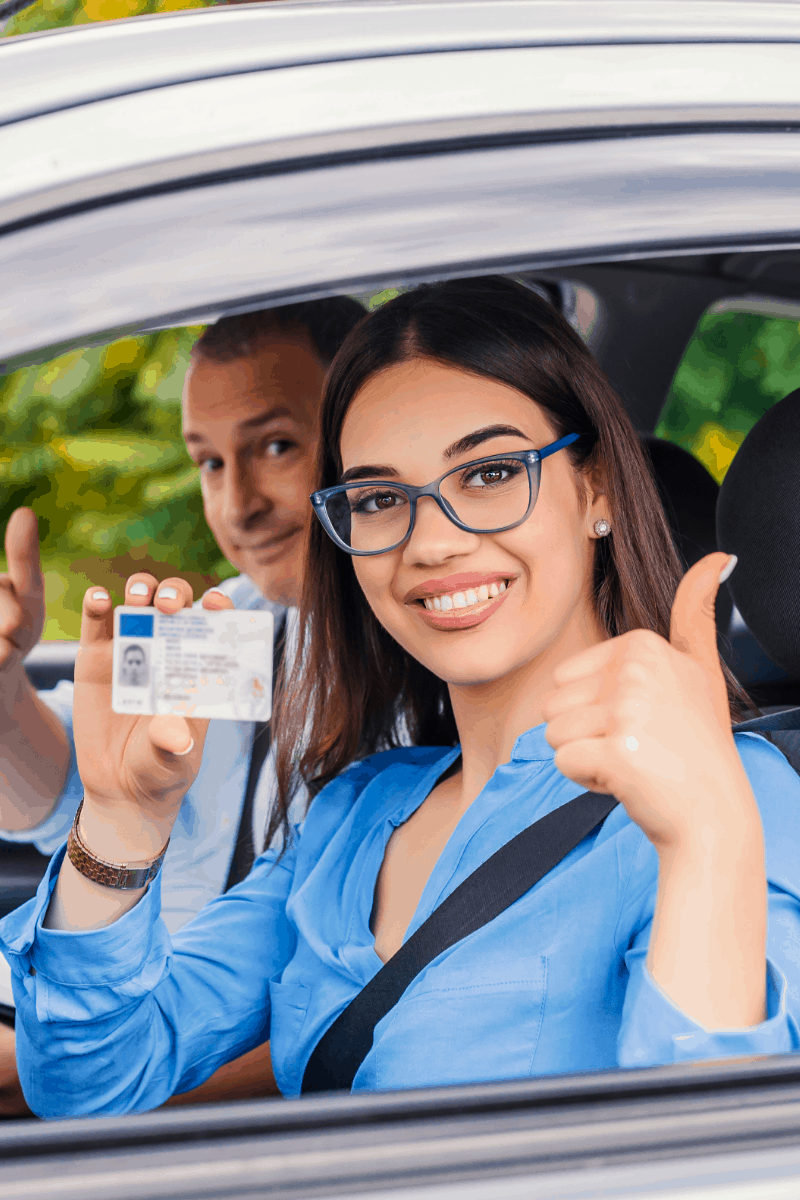Convenience is the number one reason host parents want their foreign exchange student to drive. Parents of teens know it’s difficult to get your student to sports practices or evening school activities, especially when you work outside the home. Exchange students often have very busy schedules and if they could drive themselves, it would be a lot easier for the host parents.
Even if your exchange student has a driver’s license from their country of residence and you are willing to let them drive your car, almost all international exchange student programs will not allow it.
In the rare case the program agrees to your exchange student driving, he/she must have an international driver’s permit or a license that meets the requirements of your state. You’ll also have to get permission from their natural parents and talk with your insurance company about adding the student to your policy to do it legally.
Similarly, you might wonder whether your student can drive recreational vehicles like boats, snowmobiles or all-terrain vehicles. Again, because of liability, the program forbids students from driving most motorized vehicles.
Note that these rules apply to high school exchange students. More leniency is granted to college-aged students.
Why Do Most Programs Prohibit Exchange Students From Driving?
To be permitted to drive in the United States when the driver is under the age of 18, a parent or legal guardian must be fiscally responsible for any problems caused while the teen is driving. With an exchange student who wants to drive, being that the parent is not a U.S. citizen, who will take the legal risk? International Student Exchange Programs make it a written rule that students cannot drive to avoid this kind of liability. Further, a student who drives without permission will be expelled from the program and returned home.
Foreign Exchange Students With a Driver’s License From Their Country
Typically, one can legally drive in the United States with a foreign driver’s license for up to 3 months. Beyond that, a driver’s license from the Department of Motor Vehicles in the state in which they are residing is required. To get a state license, a student who has a driver’s license from their country of residence will not have to take a written or road test. However, in most states, you must be 18 years of age to get an international driving permit. Being that most high school exchange students are age 15 to 17 this likely will not apply.
Can Foreign Exchange Students Take a Driver’s Education Course?
In many countries getting a driver’s license is very expensive. Therefore, many foreign exchange students make it a goal to get a driver’s license while here in the United States with the hope of later transferring it to their country. Is this possible and if so, how easy is it to do? Yes, a student can take a driver’s education course through their school or another accredited program while studying in the United States. However, this is only with the permission of the school, natural parents, host parents, and international student exchange program can the student enroll in such a course. Additionally, the rules and regulations of your state’s Department of Motor Vehicles might be a hindrance. Some states like Michigan, Massachusetts and Alabama require teens to drive for at least six months before being eligible to take their driver’s test. Further, to get approval to get a permit, these states and many others require a social security number. These stipulations can make it difficult if not impossible for foreign exchange students to take a driver’s education course.
If the exchange student is successful in enrolling in the courses, subsequently passes it and is granted a driver’s license, most international student exchange programs will require that they surrender their license to the program (or local coordinator) until they are preparing to return home.
Can an Exchange Student Buy or Rent a Car?
Legally, it is perfectly fine for an exchange student to buy a car if he/she is of adult age (18 or older) and has adequate insurance coverage. Nonetheless, under the rules of most international student exchange programs, a student is prohibited from buying a car. Rules pertaining to leasing or renting a car are very similar.
Can an Exchange Student Operate a Motorized Vehicle?
Teens living in rural communities often spend lots of time outdoors riding ATVs, trail bikes, and other off-road vehicles. Even if it is legal in your state for your exchange student to ride or drive them, exchange student programs prohibit them. This also applies to water vessels like boats and jet skis. Simply put, the liability and risk of injury are too much.
What about farming and yard equipment? If you live on a farm or have an enormous yard, your student might want to chip in with the chores which might involve using light equipment/machines like plows or mowers. Operating farming equipment and riding tools should be avoided unless you get written permission from both the program and the student’s natural parents.
Hosting an exchange student will mean taking on added responsibility. To protect both you and the student, your international student exchange program has established several rules and guidelines that you and your student should be careful to follow. Adhering to these rules will help to keep your student safe and will help you avoid potential legal issues.


